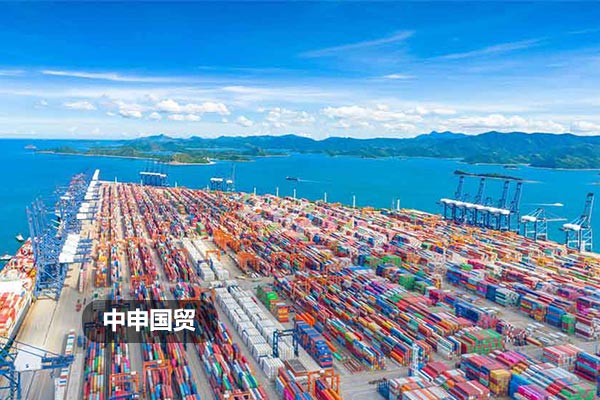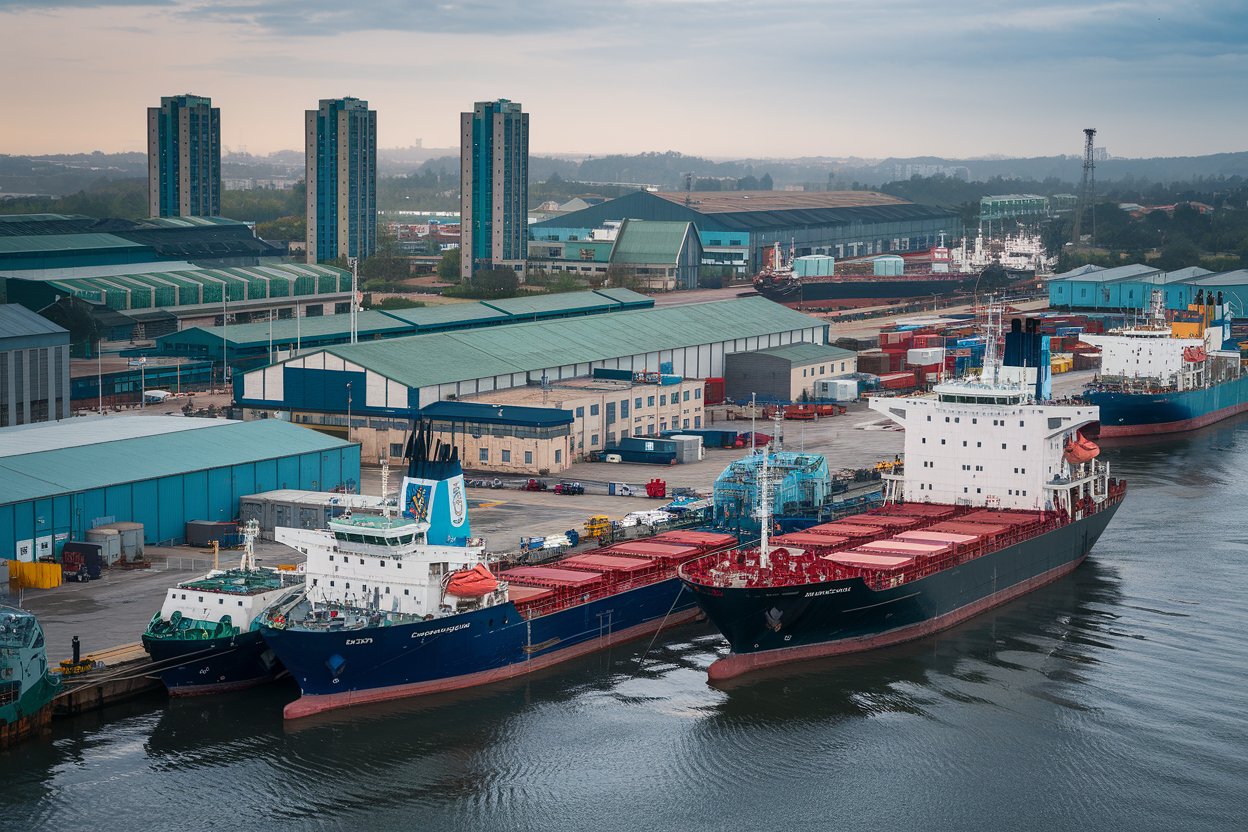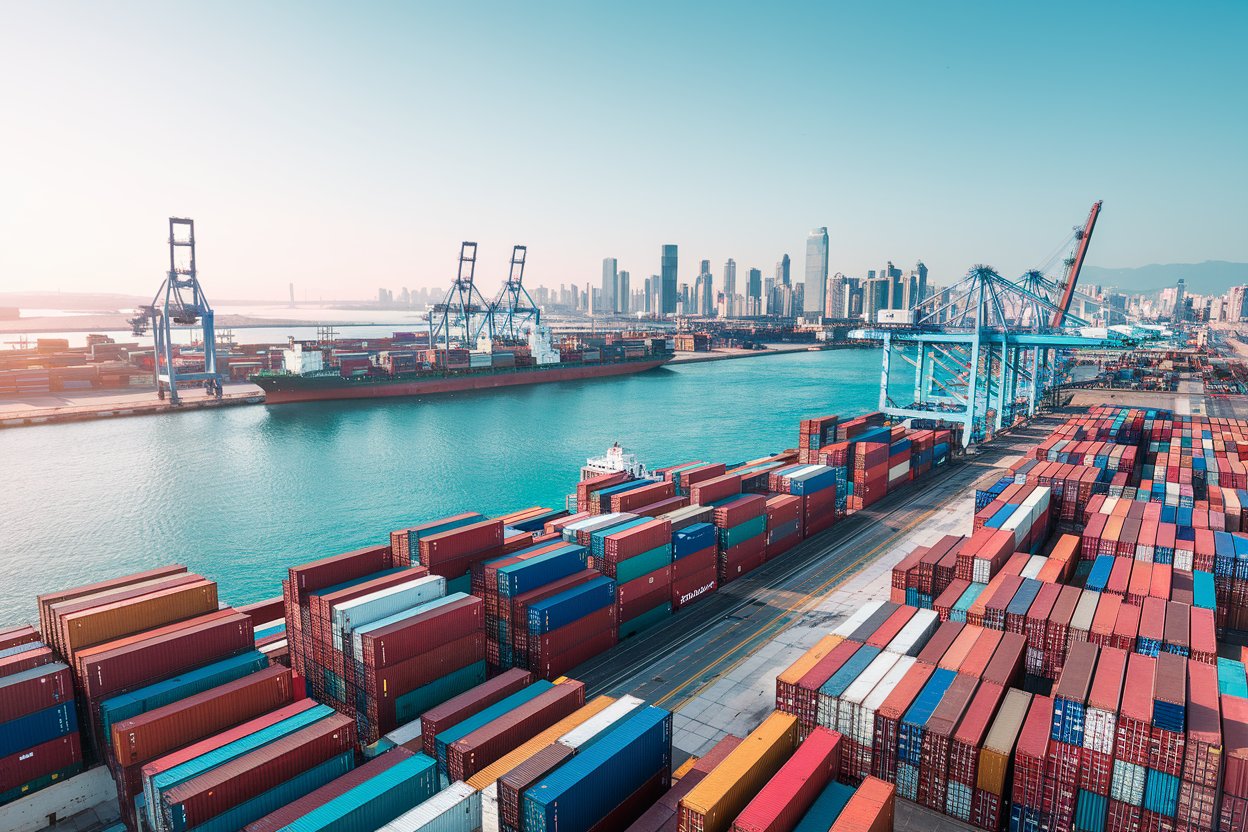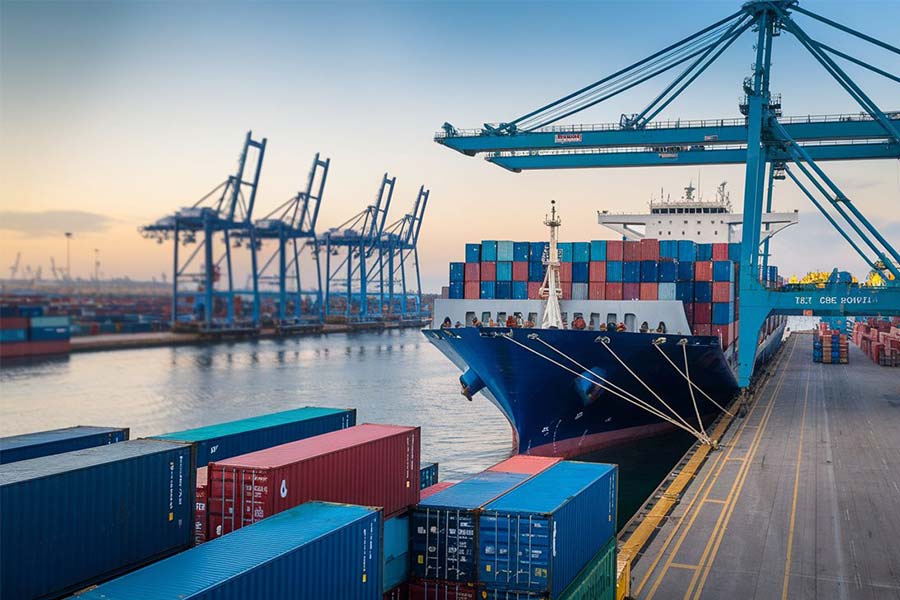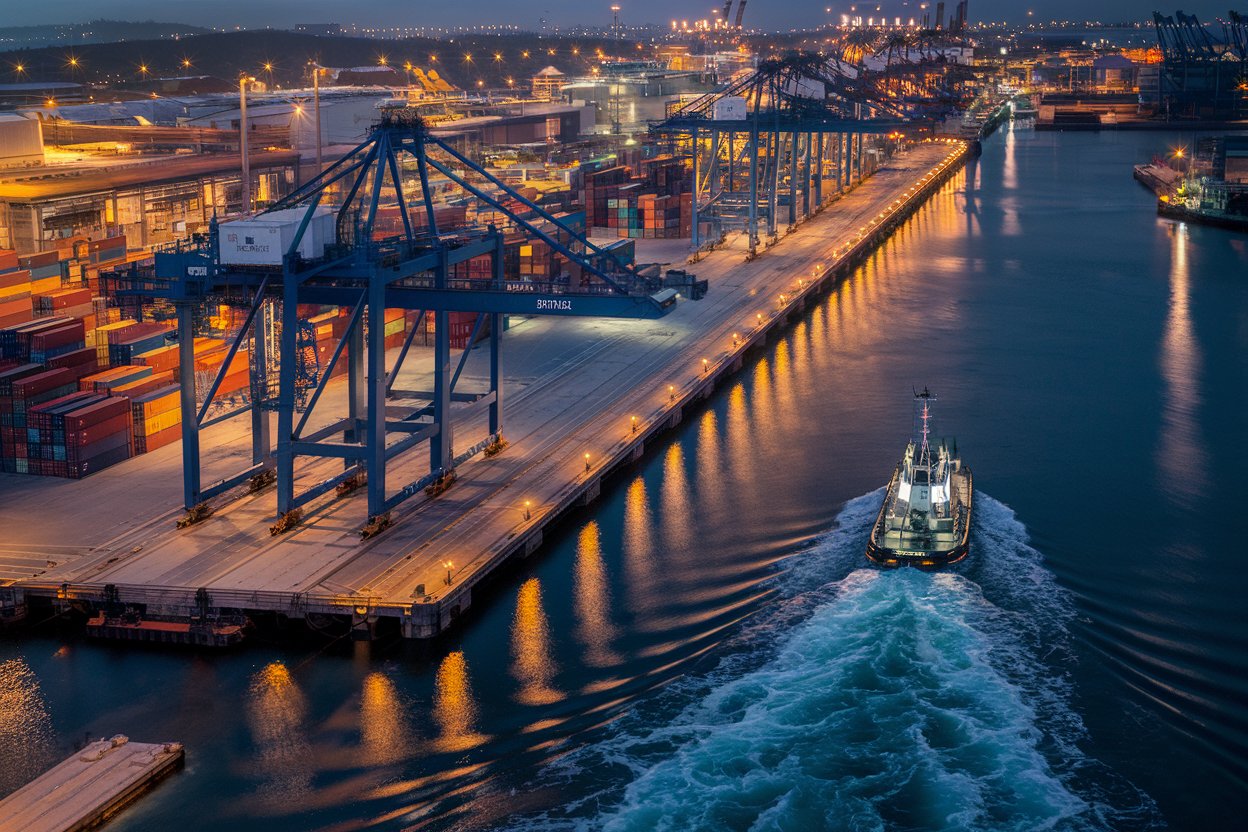- 20 Years of Expertise in Import & Export Solutions
- +86 139 1787 2118
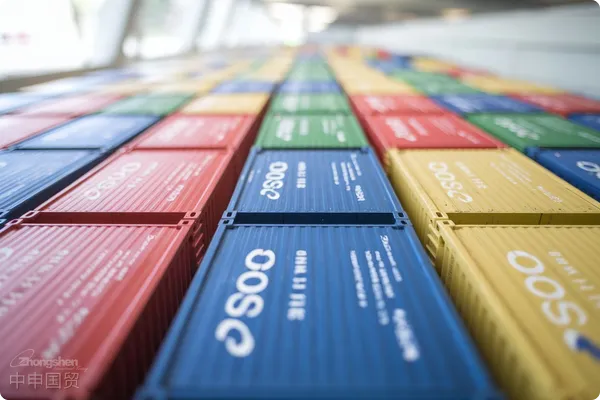
Introduction
On the grand stage of global trade, down jackets, as an important winter garment, have a broad market space for import business. Whether to withstand the severe cold of Russia or to cope with the low temperatures in some mountainous areas of Southeast Asia, down jackets have their unique demand. When it comes to the business of importing down jackets, many links are closely connected, from document handling to logistics arrangements, from?Foreign exchange settlement?methods to product certification, every step is crucial.
Professional document processing and logistics arrangement
In the process of importing down jackets, document handling is a fundamental and key link. Various documents such as commercial invoices, bills of lading, and packing lists are like the "language" of trade activities. Accurate filling and submission are the guarantee for smooth customs clearance. Our company has accumulated rich experience in document handling and is well aware of the subtle differences in the format and content of documents in different countries and regions.
Taking the bill of lading as an example, it is a receipt for goods issued by the carrier to the shipper after receiving the goods or loading them on board, and it is also proof of the establishment of a maritime transport contract and the document by which the carrier delivers the goods. We will ensure that the information on the bill of lading is completely consistent with the actual cargo situation, including the brand, style, quantity, and weight of the down jackets. For the commercial invoice, we accurately fill in the product description, value, etc., following international trade practices and the relevant regulations of the target market, to avoid delays or extra costs caused by documentary errors.
Logistics arrangements should also not be overlooked. From the packing of down jackets at the factory in the country of origin, to their transport to the destination port, and finally to their delivery to the client, this process involves various modes of transport and logistics nodes. We have established long-term stable cooperative relationships with many well-known shipping companies and freight forwarders worldwide and can tailor the optimal logistics solution for clients based on factors such as the characteristics of the goods, delivery time, and cost.
For large-volume imports of down jackets,?Ocean shipping?is usually the most cost-effective choice. We will pay attention to the shipping schedule and book space in advance to ensure that the goods are shipped on time. During transport, we will also track the cargo's status in real-time and promptly handle any potential problems, such as shipping delays caused by severe weather. If there is an urgent delivery need,?Air freight?is also an option. We will coordinate the loading, unloading, and customs clearance at the airport to ensure the goods are delivered quickly and safely.
Unique Advantages of the Russian Market — Convenient Foreign Exchange Settlement with VTB
The Russian market has a huge demand for down jackets. In most of its vast territory, the winters are cold, making down jackets a necessity of life. In the import trade of down jackets with Russia, the settlement of exchange is a crucial link.
Our company has a unique advantage in VTB settlement for the Russian market. VTB Bank is an important financial institution in Russia, with an extensive business network and rich experience in the field of international trade settlement. Through cooperation with VTB, we provide clients with efficient and secure settlement services.
The settlement process is generally as follows: after the goods arrive at a Russian port and complete customs clearance, the client picks up and sells the down jackets. After receiving the sales payment, the Russian client pays the funds to our designated account through VTB Bank. We will assist the client in preparing the various documents required for settlement, such as commercial contracts, invoices, and bill of lading copies, to ensure the bank's review goes smoothly. Due to our long-term cooperation with VTB Bank, we are familiar with its business processes and requirements, which can effectively shorten the settlement time, reduce the risks brought by exchange rate fluctuations, and ensure that the client's funds are received quickly and safely.
In addition, Russia has strict trade regulations on imported clothing. For example, there are clear regulations on the quality standards and labeling of down jackets. The composition of the filling, the down content, etc., must be accurately marked and comply with relevant Russian standards. We will pay close attention to these regulatory dynamics and inform clients in advance to ensure that the imported down jackets are compliant and to avoid cargo detention or fines due to non-compliance.
Southeast Asian market?Import/export?Process and Solution
The Southeast Asian market has experienced rapid economic development in recent years, and the demand for down jackets is also gradually increasing, especially in some mountainous and high-altitude areas. Importing down jackets to Southeast Asia has its own specific process.
Import Process:
The first step is preliminary market research and supplier selection. Understand the market demand, consumer preferences, and competitive situation in different Southeast Asian countries, and choose a suitable down jacket supplier. Before signing the contract, it is necessary to clarify key terms such as the product's specifications, quality standards, price, and delivery date.
The next step is document preparation. In addition to the regular commercial invoice, bill of lading, and packing list, some Southeast Asian countries may also require a?Certificate of Origin?certificate. For example, for some specific products in Thailand, a FORM E certificate of origin is required to enjoy preferential tariff treatment. We will assist clients in preparing these documents to ensure their authenticity and accuracy.
In terms of cargo transport, sea freight is well-developed in the Southeast Asian region, and most goods arrive by sea. However, it is necessary to pay attention to the operating habits and regulations of different ports. For example, the Port of Singapore has advanced port facilities and high efficiency, but has strict requirements for loading and unloading times, document submission, etc. We will communicate with freight forwarders and shipping companies in advance to ensure the smooth loading and unloading of the goods.
The customs clearance stage is key. The customs clearance policies and procedures of various Southeast Asian countries are different. Taking Indonesia as an example, imported goods need to undergo strict inspection by Indonesian customs, including a review of the quality, quantity, and value of the goods. We will work closely with local customs clearance agents, understand the clearance requirements in advance, and prepare relevant documents, such as an import license (if required) and product quality inspection reports, to ensure the goods are cleared quickly.
Solution:
In response to the complex regulations and diverse needs of the Southeast Asian market, we provide customized solutions. For some price-sensitive markets, we will assist clients in finding cost-effective suppliers and at the same time optimize logistics solutions to reduce transport costs. For markets with high-quality requirements, we will strengthen the quality control of suppliers and arrange for a third-party inspection agency to inspect the goods before shipment.
In addition, we also pay attention to the changes in trade policies in the Southeast Asian region. In recent years, some countries, in order to protect their domestic industries, may introduce new tariff policies or trade restriction measures. We will collect this information in a timely manner, inform clients in advance, and help them adjust their import strategies to avoid risks.
Challenges and Opportunities in the Current International Trade Landscape
The current international trade situation is complex and ever-changing, bringing both challenges and opportunities to the down jacket import business.
Challenges:
The rise of trade protectionism is a major challenge. Some countries, to protect their domestic clothing industry, may increase import tariffs and set up trade barriers. For example, some countries impose high tariffs on imported down jackets, which directly increases import costs and squeezes profit margins. At the same time, non-tariff barriers are also constantly emerging, such as stricter quality standards and environmental requirements. This requires importers not only to focus on price and quality but also to invest more effort in meeting these ever-changing regulatory requirements.
Exchange rate fluctuations are also a factor that cannot be ignored. The unstable global economic situation leads to frequent exchange rate fluctuations. During the process of importing down jackets, if the exchange rate changes significantly between the signing of the contract and the settlement of exchange, it may cause losses for the importer. For example, when the domestic currency depreciates, the import cost will increase accordingly.
?Opportunities?:
Despite the challenges, opportunities also exist. With the gradual recovery of the global economy, consumer demand for down jackets is expected to grow. Especially in emerging markets, such as the Southeast Asian region, the middle class is expanding, and their consumption power is increasing, leading to a rising demand for high-quality down jackets.
The development of e-commerce has opened up new channels for the down jacket import business. Through e-commerce platforms, importers can directly reach global consumers, breaking the geographical restrictions of traditional trade and expanding their market share. Moreover, the data analysis function of e-commerce platforms can help importers better understand consumer needs and conduct precise marketing.
Product Certification Service Related
When importing down jackets, product certification is an indispensable part. Different countries and regions have different certification requirements for down jackets.
For example, the EU market has strict ecological textile certification requirements for down jackets, such as the Oeko-Tex Standard 100 certification, which ensures that the textiles do not contain harmful substances and are harmless to human health. Russia has GOST certification, which mainly regulates the quality and safety of down jackets.
Although our company does not directly provide certification services, we will assist clients in completing the certification process. With our familiarity with market regulations, we provide clients with detailed certification guidance, informing them of the required certification types, certification bodies, and certification procedures. We will help clients prepare the documents required for certification applications, such as product manuals and raw material composition tables, and at the same time, coordinate communication with the certification bodies to ensure a smooth certification process, so that the client's down jackets can enter the target market in compliance.
Conclusion
The business of importing down jackets involves many links, from document handling and logistics arrangements to settlement of exchange and product certification. Each link is interconnected. In the current complex international trade situation, fully leveraging professional advantages, understanding the characteristics and regulations of different markets, seizing opportunities, and responding to challenges are the keys to successfully developing the down jacket import business. We hope the information provided in this article can be a useful reference for the majority of importers in their down jacket import business.
? 2025. All Rights Reserved.
